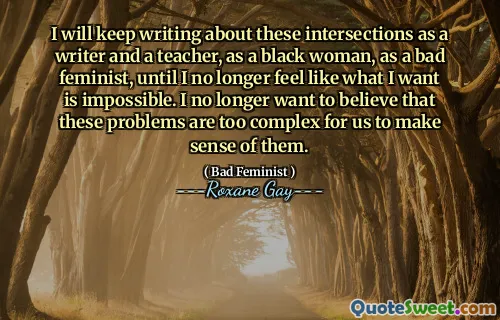What may be most terrifying is just how real reality television is, after all. We say we watch these shows to feel better about ourselves, to have that reassurance that we are not that desperate. We are not that green. But perhaps we watch these shows because in the green girls interrupted, we see more than anything, the plainest selections of ourselves, garishly exposed but unfettered.
The concept of reality television can be both fascinating and disturbing, as it often blurs the line between authenticity and performance. Viewers might claim they watch these shows for amusement or to boost their self-esteem, believing they can distance themselves from the behaviors displayed. However, this perception is complicated because, in reflecting on these extreme portrayals, they actually confront stark aspects of their own lives and choices that they may not acknowledge regularly.
This exploration raises deeper questions about identity and societal standards. The characters and their dramatized struggles serve as mirrors reflecting insecurities and desires, forcing viewers to engage with parts of themselves they might prefer to ignore. Ultimately, this duality of viewing escapism while confronting uncomfortable truths reveals a complex relationship between the audience and the reality depicted in these shows.
